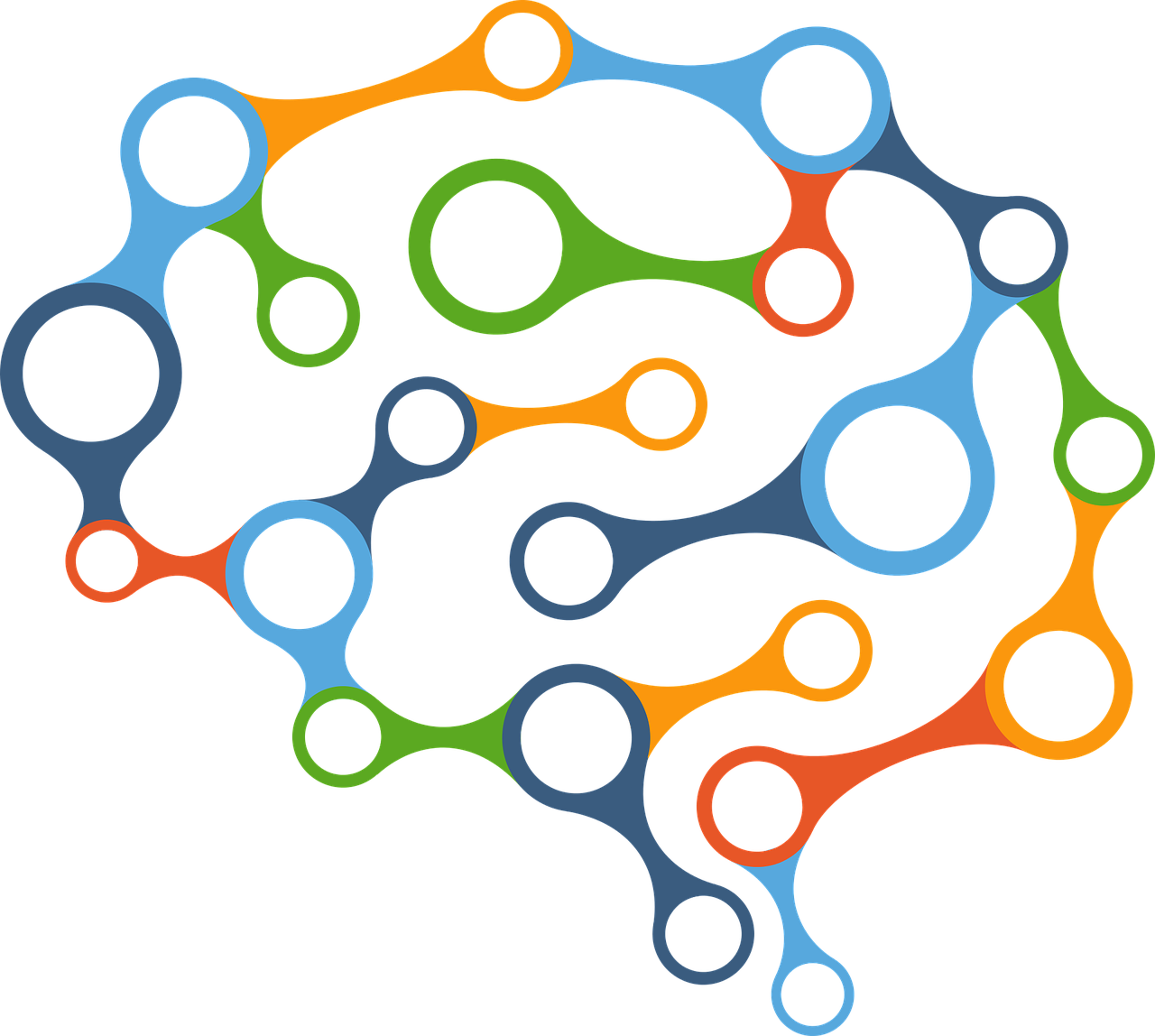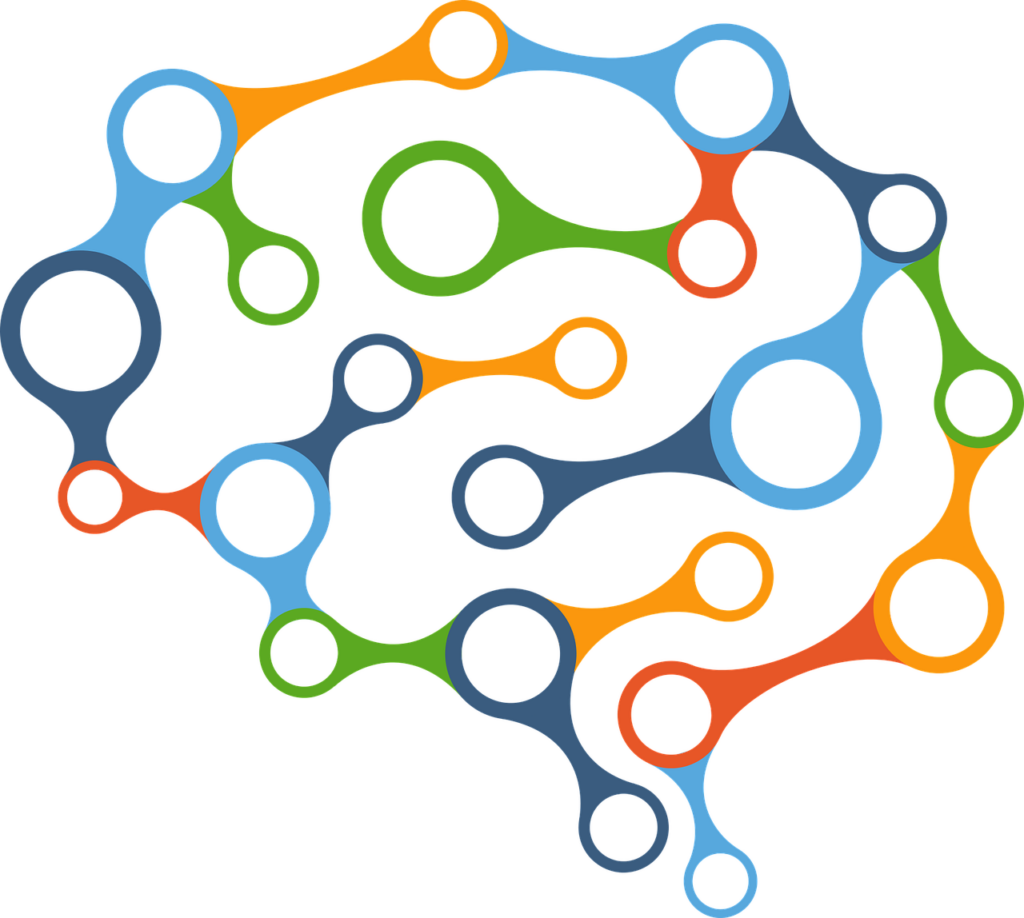Chronic stress is a common burden, negatively impacting both mental and physical health. While many approaches focus on treating the symptoms of stress, a deeper understanding of the connection between the nervous and immune systems offers groundbreaking potential for prevention and holistic wellbeing. That’s why I have recently completed a training course in psychoneuroimmunology, which has given me a strong understanding of how the immune system interacts with the nervous system, what this means for individuals, and how, by blending this discipline with HeartMath and Solution Focussed Hypnotherapy, I can help you to address stress at its biological roots, offering a solution that blends cutting edge science with proven stress prevention and management techniques.
In this blog, I will explain the science behind psychoneuroimmunology, how it can benefit individuals, and how to unlock its power alongside HeartMath and Solution Focussed Hypnotherapy. To find out how I then apply this in the real world in my therapies, watch out for my next blog, which I will be publishing in December.
What Is Psychoneuroimmunology?
It bridges the disciplines of neuroscience and immunology, focusing on how the nervous and immune systems interact. This relationship is vital, as the nervous system controls the body’s stress responses, while the immune system works to protect and repair it. When these systems are out of sync, people can suffer from chronic inflammation, mental health challenges, and even autoimmune disorders.
The field has revealed that stress is not just a psychological experience; it is also biological. Chronic stress can disrupt immune function, leading to increased vulnerability to illness, while inflammation caused by immune dysfunction can impair brain health, contributing to anxiety and depression, and it offers insights into breaking this cycle.
The Benefits of Psychoneuroimmunology for Stress Prevention
- Understanding Stress Responses
The discipline helps us understand the biochemical pathways triggered by stress. When the brain perceives a threat, the hypothalamic-pituitary-adrenal (HPA) axis activates, releasing cortisol, the stress hormone. Prolonged activation of this system can weaken the immune system, cause chronic inflammation, and even damage brain structures like the hippocampus, which is vital for memory and emotional regulation.
By identifying these pathways, researchers and practitioners can develop targeted interventions to reduce stress responses and the subsequent physical effects. - Strengthening Resilience
It shows us that certain chemicals, like cytokines, directly influence brain function and mood. Addressing immune imbalances, such as chronic low-grade inflammation, makes it possible to enhance mental resilience. Techniques like mindfulness meditation, HeartMath practices, and even dietary changes can reduce inflammatory markers, reducing stress and improving wellbeing. - Innovative Therapies
Advances in this discipline have led to therapies that help reset the body’s stress response. For example:- Biofeedback and neurofeedback: Teach individuals to regulate nervous system responses through real-time data on physiological states.
- Immunomodulatory interventions: Use natural compounds or medications to reduce inflammation and support immune health.
- Lifestyle changes: Diet, exercise, and sleep can have a positive impact on stress prevention.
The Impact on Physical Health
Toxic stress is a major contributor to conditions like cardiovascular disease, diabetes, and autoimmune disorders. Psychoneuroimmunology emphasises how reducing stress-related inflammation can:
- Protect the heart: By minimising cortisol’s damaging effects on blood vessels.
- Boost immunity: Helping the body defend against infections and even cancer.
- Alleviate pain: Conditions like fibromyalgia and chronic fatigue syndrome are linked to neuroimmune dysregulation, which targeted therapies can address.
Enhancing Mental Wellbeing Through Psychoneuroimmunology
Mental health and immune function are deeply intertwined. Inflammatory responses in the body can alter brain chemistry, contributing to depression, anxiety, and even cognitive decline. This approach focusses on:
- Reducing inflammation: Through nutrition (e.g., omega-3 fatty acids, antioxidants) and stress-reduction practices.
- Supporting neuroplasticity: The brain’s ability to adapt and grow, which chronic stress can impair.
- Improving mood and energy: By restoring balance between immune and nervous system functions, people often experience greater emotional stability and mental clarity.
Practical Applications for Everyday Life
The insights from this discipline are not just theoretical—they can be applied in practical ways to promote stress prevention and enhance wellbeing:
- Adopt an Anti-Inflammatory Diet
Focus on whole foods rich in antioxidants, healthy fats, and probiotics to support gut health, which is closely tied to immune and brain function. - Practice Stress-Reduction Techniques
Mindfulness, meditation, and HeartMath practices directly influence the nervous system, helping to calm stress responses and reduce inflammatory markers. - Prioritise Sleep and Exercise
Regular exercise reduces inflammation and boosts mood, while quality sleep supports both immune regulation and mental health. - Seek Professional Support
Therapies based on psychoneuroimmunology, like biofeedback, guided stress-management programs, or counseling from trained professionals, can offer tailored solutions to chronic stress.
A Holistic Approach to Wellbeing
Psychoneuroimmunology offers a transformative perspective on health, highlighting the deep connections between the brain, immune system, and stress. By leveraging these insights, we can move beyond symptom management to focus on prevention and resilience. Whether you’re looking to improve physical health, enhance mental wellbeing, or simply live a more balanced life, these principles provide a powerful foundation for change.
As research in this field grows, so does its potential to reshape our approach to stress and health. In the meantime, integrating practices into daily life that can help you take proactive steps toward a healthier, more vibrant future, and that is why I have completed this fascinating training, and why I believe that the addition of psychoneuroimmunology to my established HeartMath and Solution Focused Hypnotherapy adds an additional, powerful element to the therapies that I offer in the field of stress prevention.
And Finally…
I have described the science behind psychoneuroimmunology in this blog, but how does this translate into the real world and the blend of HeartMath, Solution Focussed Hypnotherapy, and now psychoneuroimmunology that I use to develop my therapies? I will answer this in my next blog, which I will share with you in December.
Additional reading
Oxford Research Encyclopedia of Neuroscience (n.d.) Neuroimmunology and its relevance to stress and immune interactions. Available at: https://oxfordre.com/neuroscience/display/10.1093/acrefore/9780190264086.001.0001/acrefore-9780190264086-e-16
HeartMath Institute (n.d.) Resilience, Stress, and Emotions: The Science of the Heart. Available at: https://www.heartmath.org/research/science-of-the-heart/resilience-stress-and-emotions/
National Council for Hypnotherapy (n.d.) Beyond Relaxation: Stress Management with Hypnotherapy. Available at: https://www.hypnotherapists.org.uk/20705/beyond-relaxation-stress-management-hypnotherapy/
HeartMath Institute (n.d.) Combining Biofeedback with Stress Management Interventions. Available at: https://www.heartmath.org/research/research-library/relevant/combining-biofeedback-with-stress-management-interventions/
Ruane, P. (2024) ‘Combining HeartMath and Solution Focused Hypnotherapy: How I Help People Combat Stress and Anxiety’, Paula Ruane, 25 October. Available at: https://paularuane.com/2024/10/25/heartmath-solution-focused-hypnotherapy/
Ruane, P. (2024) ‘How do we Defuse the Timebomb of Toxic Stress?’, Paula Ruane, 27 September. Available at: https://paularuane.com/2024/09/27/defuse-the-timebomb-of-toxic-stress/
Ruane, P. (2024) ‘Toxic Stress and How the Mind Deals with It: What Happens When Stress Goes Too Far’, Paula Ruane, 27 September. Available at: https://paularuane.com/2024/09/27/toxic-stress-how-the-mind-deals-with-it/
Ruane, P. (2024) ‘Solution Focussed Walking Therapy’, Paula Ruane, 17 June. Available at: https://paularuane.com/2024/06/17/walking-therapy/
Ruane, P. (2024) ‘Breaking the Sicknote Cycle: Stress Prevention and Intervention’, Paula Ruane, 29 April. Available at: https://paularuane.com/2024/04/29/the-vital-role-of-stress-prevention-and-intervention-safeguarding-employee-wellbeing-in-the-workplace/
Ruane, P. (2024) ‘Stress Prevention: Safeguarding Employee Wellbeing | #10 Tips’, Paula Ruane, 29 April. Available at: https://paularuane.com/2024/04/29/stress-prevention-and-employee-wellbeing/






